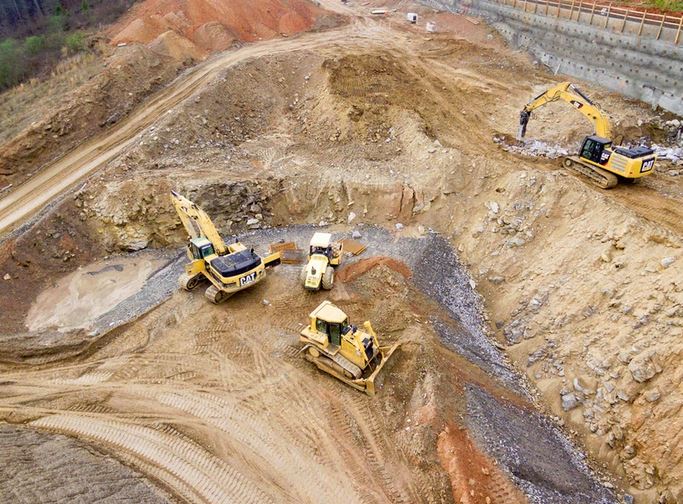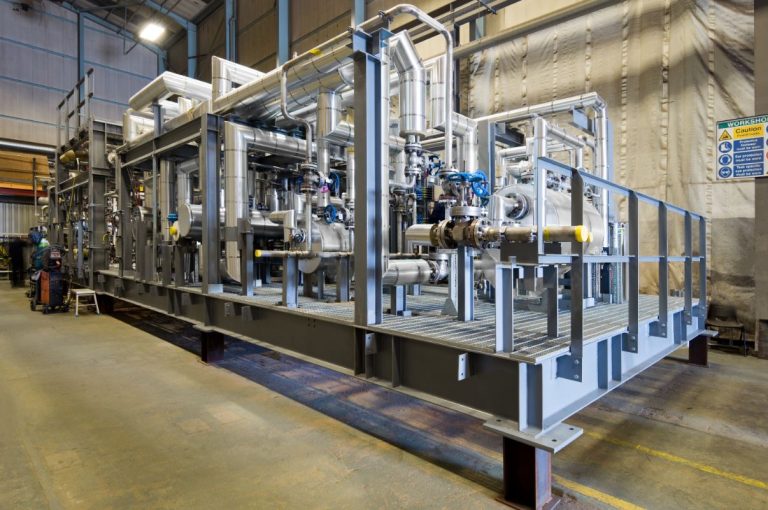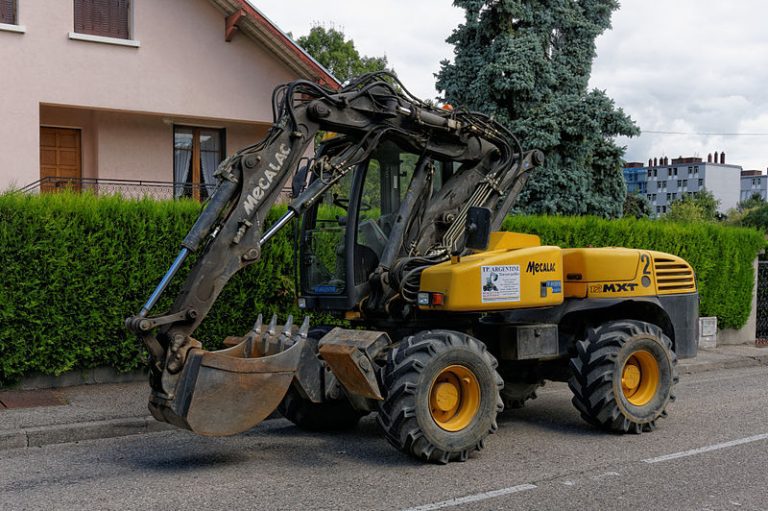Versatile Equipment, a Kent-based sales and rental specialist, and Knights Brown have completed a major supply agreement, which saw Versatile provide the full-service construction business with give TA10P heavy-duty Mecalac forward-tip site dumper units. Each dumper was fitted with green flashing seatbelt beacons and road light kits for legal highway travel. “With the Knights Brown agreement, a one-size-fits-all solution simply wouldn’t cut it. With projects spanning highly diverse sectors including energy, aerospace, defence and utilities, equipment flexibility was key,” said Richard Young, Area Sales Manager at Versatile Equipment. “Thanks to Mecalac’s extensive range, we could offer a solution for every application. What’s more, thanks to rental-tough design and heavy-duty fabrication, each model offered dependability for the future,” he added. Manufactured and liveried at the Mecalac Construction UK headquarters in Coventry, the units were delivered ahead of schedule and ready for immediate operation. “When it came to updating our fleet, three things were essential – performance, efficiency and safety. Mecalac offered the complete package and, through Versatile Equipment, delivered above and beyond our expectations,” said Scott Best, Plant Manager at Knights Brown. “Now operational nationwide, the Mecalac units are already improving job site efficiencies and setting the standard for operator safety. A few innovative technologies, such as start stop and Capture telematics make fleet management easy – low fuel costs, simple servicing,” he continued. Knights Brown is a privately owned, full service, regional construction business with specialist energy sector capability delivered nationwide and in the ROI. The company operates in the following sectors: airports, buildings, coasts, rivers & ports, defence, energy, infra & public realm, waste and water. Versatile Equipment sell, hire, support and service a comprehensive range of Caterpillar Compact Equipment, Mecalac Products (formerly Terex) and Avant Loaders. A core aspect of Versatile Equipment’s business ethic is that the client gets the best – the best advice, the best service and the best machine for the job whether it is a CAT compact, a Mecalac Site Dumper or an Avant Loader.










